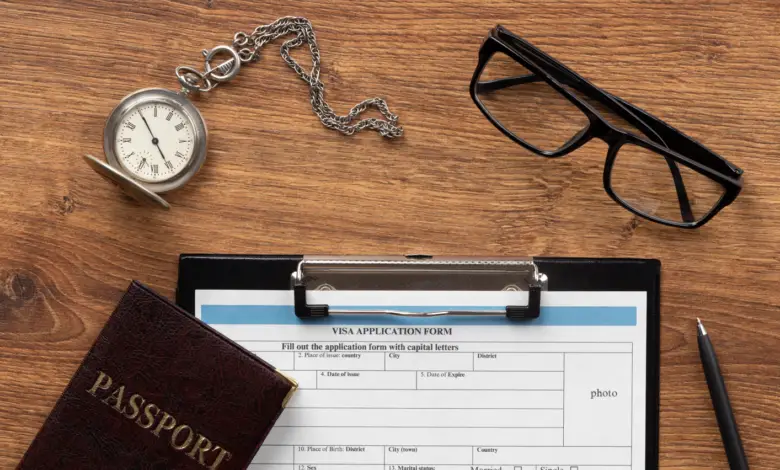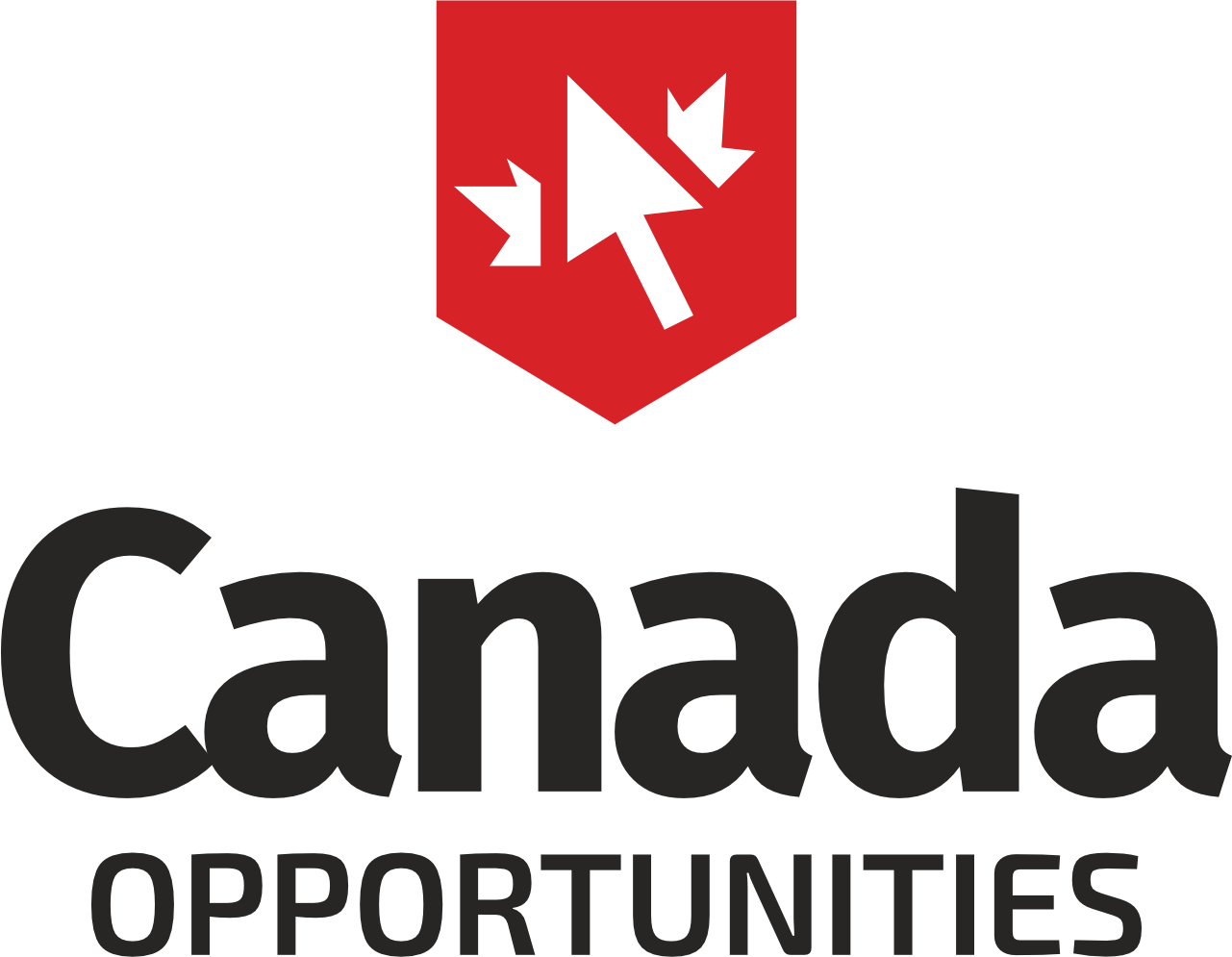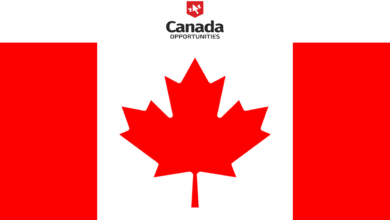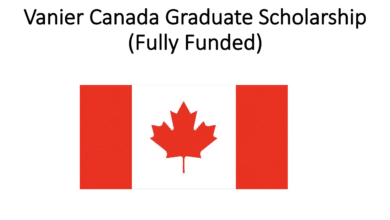
Tips on how to Applying for Canada Study Visa
One this for sure is that applying for Canada study visa is a big step towards realizing your academic and career goals.
In order to successfully apply for a study visa, there are several important steps you need to take, starting with applying for a place at a Canadian educational institution and taking an English language test.
Today we will outline the steps you need to take and common mistakes to avoid in order to increase your chances of success.
All you need to know about International English Language Testing System (IELTS)
Follow these Tips when Applying for a Canada Study Visa
Step 1: Apply for a Place at a Canadian Educational Institution
The first step towards obtaining a study visa is to apply for a place at a Canadian educational institution.
To do this, you’ll need to research and choose the right institution and program for you, and then submit your application along with any required documents. This could include transcripts, English language test results, and reference letters.
Step 2: Take an English Language Test
Many Canadian educational institutions require international students to take an English language test to demonstrate their proficiency in the language. The most common tests are the International English Language Testing System (IELTS) or the Test of English as a Foreign Language (TOEFL).
Be sure to check the specific requirements of the institutions you’re applying to and schedule your test as early as possible.
How to Successfully Apply for a Visit Visa for Canada – common mistakes to avoid
Step 3: Gather Supporting Documents
In addition to your academic transcripts and English language test results, you’ll need to gather other supporting documents to submit with your study visa application.
This could include proof of financial support, a medical exam certificate, and police clearance certificate.
Step 4: Complete the Study Visa Application
Once you have all the necessary documents, you can complete the study visa application. This is where you’ll provide detailed information about yourself, your academic background, and your plans for studying in Canada.
Important! – be sure to answer all questions accurately and completely, and double-check your application before submitting it.
Step 5: Pay the Processing Fee
Once your application is complete, you’ll need to pay the processing fee. This fee covers the cost of processing your application and is non-refundable, so be sure to double-check the amount and have it ready before submitting your application.
Common Mistakes to Avoid when Applying for Canada Study Visa
1. Not Researching the Requirements
Before applying for a study visa, it’s important to research the requirements and make sure you meet them. Failing to do so can result in a rejected application and delay your plans.
2. Not Taking the English Language Test Early Enough
It’s important to take the English language test as early as possible so you can submit your results with your application. If you don’t take the test in time, it could delay the processing of your application.
10 Tips for Winning a Scholarship in Canada
3. Forgetting to Gather Supporting Documents
Gathering supporting documents is an important step in the study visa application process. Failing to gather the necessary documents could result in a rejected application.
4. Not Completing the Application Accurately
It’s important to complete the study visa application accurately and completely, as any inaccuracies or omissions could result in a rejected application.
5. Not Following Up on Your Canada Study Visa Application
After you’ve submitted your study visa application, it’s important to follow up with IRCC to make sure everything is in order. You can check the status of your application online, and IRCC may also reach out to you if they need additional information or clarification.
<strong>Tourism Opportunities in Canada</strong>
Conclusion
Applying for Canada study visa is a multi-step process that requires careful planning and preparation. By following these guidelines and avoiding common mistakes, you can increase your chances of success.
Remember to research the requirements, take the English language test early, gather supporting documents, complete the application accurately, and follow up with IRCC after submitting your application.
For more information, visit the FAQ section on the IRCC website and check for updates on any changes in policies or procedures. It’s also helpful to seek the advice of a qualified immigration lawyer or consultant, who can guide you through the process and help you avoid common pitfalls.
Another important factor to consider when applying for a study visa is to have a well-defined plan for your studies and future career in Canada. This includes having a clear understanding of your program of study, the institution you’ll be attending, and the steps you’ll take after graduation to find employment and establish yourself in Canada.
Lastly, it’s important to be familiar with the cost of living in Canada and have a realistic budget in place. This will help you prepare for any unexpected expenses and ensure you have enough funds to support yourself while studying in Canada.
Overally, applying for a study visa for Canada is a big step towards realizing your academic and career goals. By following these guidelines, avoiding common mistakes, and having a well-defined plan, you can increase your chances of success and make the most of your time studying in Canada.
Good luck with your application and best wishes for your academic journey!
Frequently Asked Questions (FAQs) on How to Apply for Canada Study Visa
Here is an FAQ section that can help answer some of the common questions related to applying for Canada study visa:
Question 1: What documents do I need to provide when applying for Canada study visa?
Answer 1: The required documents vary based on your individual circumstances, but some common documents that are required include proof of acceptance into a Canadian educational institution, proof of financial support, a valid passport, and language test results.
All you need to know about International English Language Testing System (IELTS)
Question 2: What is the minimum language proficiency required to apply for a study visa for Canada?
Answer 2: The minimum language proficiency required for most study programs in Canada is either IELTS or PTE, with a score of at least 6.0 for most programs. Some programs may require a higher score, so it’s important to check with the institution you’re applying to for their specific requirements.
Question 3: Can I work while I study in Canada?
Answer 3: Yes, most international students are allowed to work part-time on campus while they study in Canada. Additionally, some students may be eligible to work off-campus or apply for a post-graduation work permit after they have completed their studies.
Question 4: How long does the process of applying for a study visa take?
Answer 4: The processing time for a study visa can vary, but it usually takes several weeks to several months. It’s important to apply as early as possible to allow enough time for the visa to be processed and approved before the start of your program.
Question 5: Can I bring my spouse or children with me to Canada while I study?
Answer 5: Yes, you can bring your spouse or common-law partner and dependent children with you to Canada, but they will need to apply for their own visas and meet the requirements for dependents of international students.
Question 6: How much does it cost to apply for a study visa for Canada?
Answer 6: The cost of applying for a study visa for Canada can vary depending on your individual circumstances, but the processing fee is currently CAD$150.
I hope this FAQ section provides some helpful answers to your questions on Canada study visa application tips and requirements.
Remember to check the IRCC website for the most up-to-date information and requirements for applying for a study visa for Canada.
FOLLOW OUR SOCIAL MEDIA CHANNELS
LINKEDIN, FACEBOOK, WHATSAPP, TELEGRAM, YOUTUBE
CHECK: SCHOLARSHIPS TO APPLY IN CANADA – your easiest way to go to Canada
Understanding the Canadian Education System and Opportunities for Education and Training
How to Apply for Work Permit in Canada – a Guide for Newcomers




